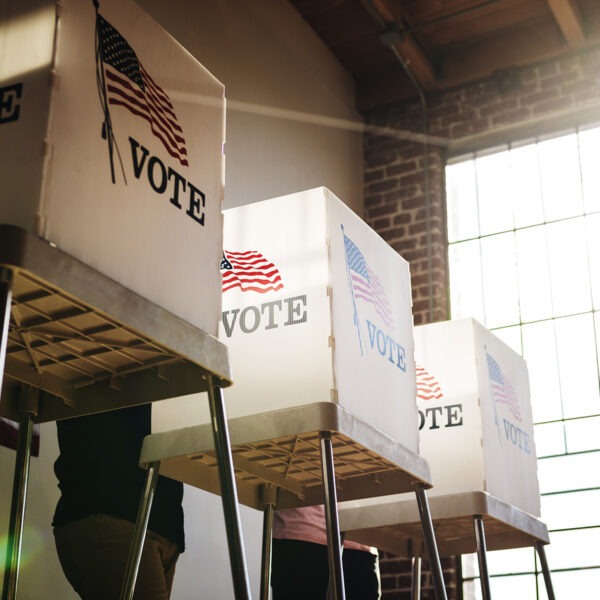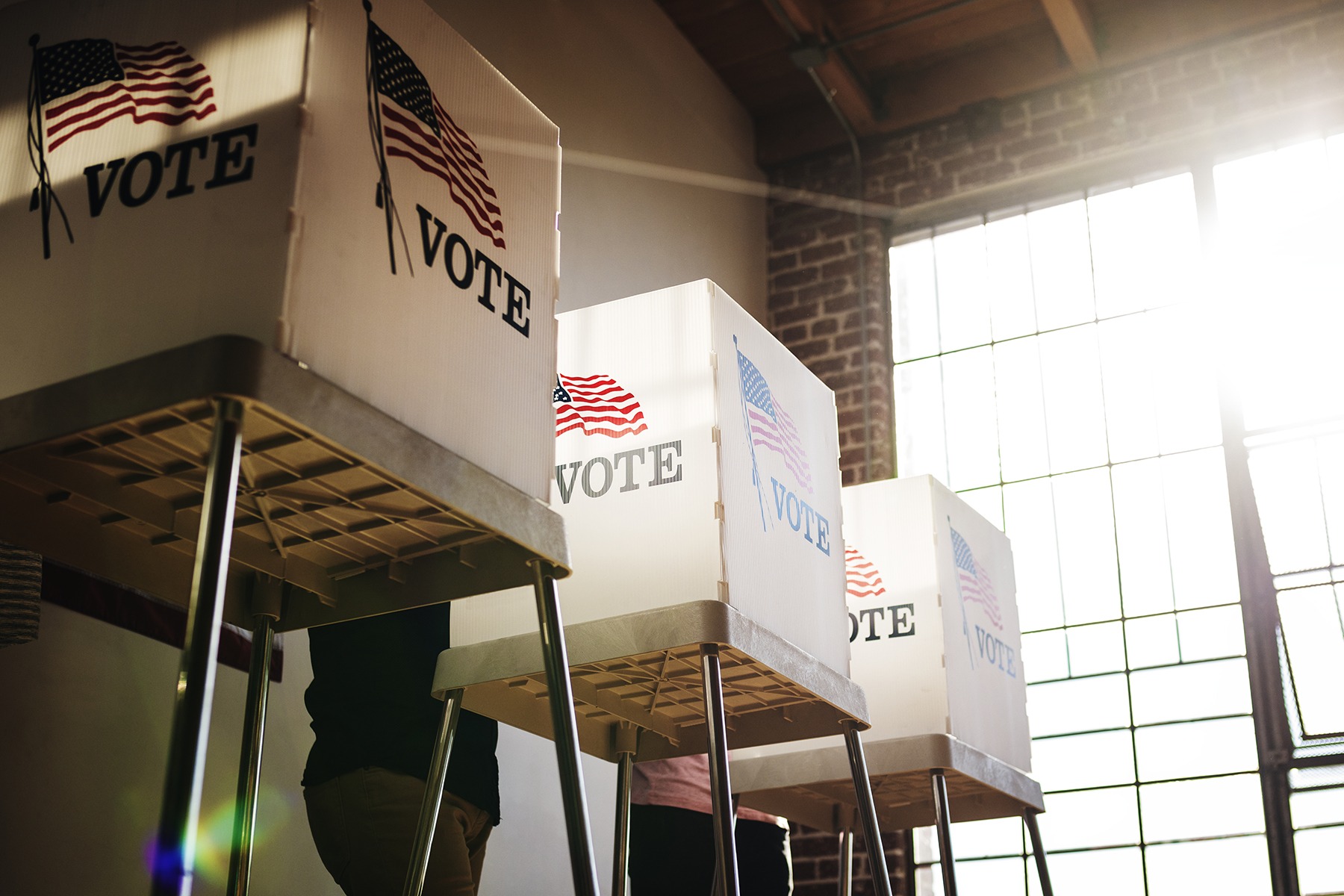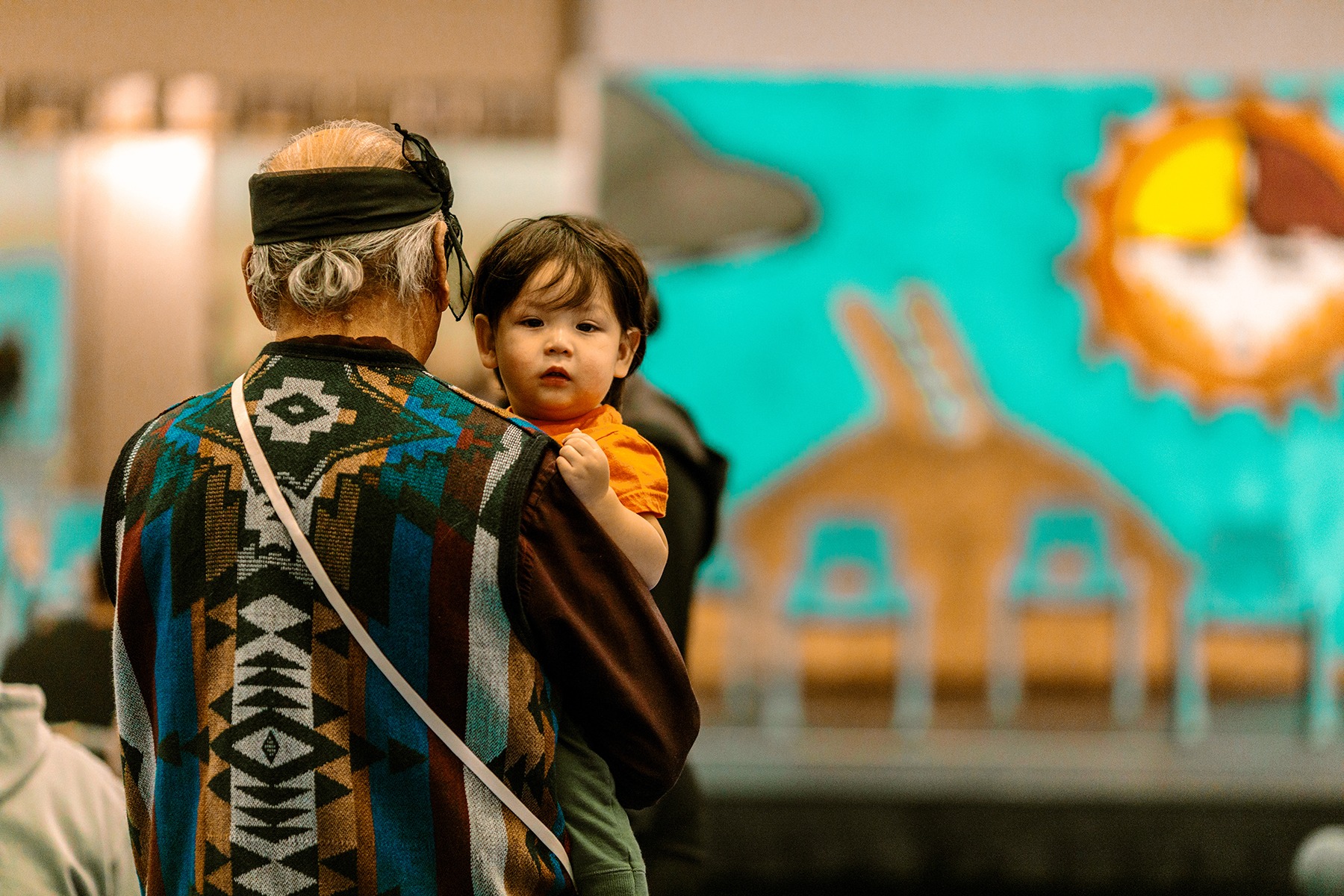
This past summer, the U.S. Supreme Court (SCOTUS) released a series of rulings that will have a generational impact on the work of racial equity in this country. SCOTUS upheld a key provision of the Voting Rights Act of 1965 and the constitutionality of the Indian Child Welfare Act (ICWA). At the same time, SCOTUS struck down race-conscious admissions at Harvard and the University of North Carolina.
These cases are part of a concerted effort to undo policies, practices, and remedies that address systemic racism. For all who are dedicated to advancing our country’s journey toward racial equity, this is an important moment to engage. We will continue to update this page with information about the cases, resources on the impact of the decisions, and WKKF grantee reflections.

On June 29, 2023, the U.S. Supreme Court issued decisions in Students for Fair Admissions (SFFA) v. Harvard and SFFA v. University of North Carolina (UNC) and struck down race-conscious admissions policies at Harvard and UNC. These decisions undermine efforts to create the diverse campuses that our nation needs and disregards the systemic hurdles that students of color face on the path to receiving their college education. At the same time, the Court did not eliminate the consideration of race in higher education admission processes altogether and it is more important than ever to recommit to efforts to ensure opportunity for all students.
For more information, please visit the NAACP- Legal Defense Fund and the Lawyers’ Committee.
Reactions to the ruling:

On June 8, 2023, the U.S. Supreme Court issued a decision for Allen v. Milligan in favor of Black voter representation in the state of Alabama. The opinion upholds Section 2 of the Voting Rights Act, which prohibits voting policies that dilute voter strength based on race. Due to this ruling, race can be considered in redistricting processes to ensure Black, Indigenous, and other communities of color have equal voting power at all levels of government. Moving forward, the fight for voting rights continues as we ensure Alabama and other states redraw their maps to be fairer, and more equitable for communities of color. For more information, please visit NAACP-Legal Defense Fund.
Reactions to the ruling:

On June 15, 2023, the U.S. Supreme Court issued a ruling in Haaland v. Brackeen that rejected all challenges to the Indian Child Welfare Act (ICWA). The opinion upholds the constitutionality of ICWA, a 43-year-old federal law that protects the well-being and best interests of Indigenous children and families and affirms Tribal sovereignty over Native child welfare matters. Moving forward, states must protect and prioritize the safety and well-being of Native children and their families by incorporating ICWA into state laws. For more information, please visit the National Indian Child Welfare Association.
Reactions to the ruling:



The rulings announced by the U.S. Supreme Court in two affirmative action cases will make it more difficult to address barriers young people of color face on the path to college. Read WKKF’s full statement.
Lorem ipsum dolor sit amet, consectetur adipiscing elit. Ut elit tellus, luctus nec ullamcorper mattis, pulvinar dapibus leo.
Lorem ipsum dolor sit amet, consectetur adipiscing elit. Ut elit tellus, luctus nec ullamcorper mattis, pulvinar dapibus leo.
Lorem ipsum dolor sit amet, consectetur adipiscing elit. Ut elit tellus, luctus nec ullamcorper mattis, pulvinar dapibus leo.
Lorem ipsum dolor sit amet, consectetur adipiscing elit. Ut elit tellus, luctus nec ullamcorper mattis, pulvinar dapibus leo.
Lorem ipsum dolor sit amet, consectetur adipiscing elit. Ut elit tellus, luctus nec ullamcorper mattis, pulvinar dapibus leo.
Below find additional resources from WKKF and its grantee partners that may be helpful for learning more about these court cases; their impact on children, families and communities; and taking action in support of racial equity your own community.
Stay tuned for more reflections and resources.

On June 8, 2023, the U.S. Supreme Court issued a decision for Allen v. Milligan in favor of Black voter representation in the state of Alabama. The opinion upholds Section 2 of the Voting Rights Act, which prohibits voting policies that dilute voter strength based on race. Due to this ruling, race can be considered in redistricting processes to ensure Black, Indigenous, and other communities of color have equal voting power at all levels of government. Moving forward, the fight for voting rights continues as we ensure Alabama and other states redraw their maps to be fairer, and more equitable for communities of color.
Reactions to the ruling:
The Leadership Conference on Civil and Human Rights

On June 15, 2023, the U.S. Supreme Court issued a ruling in Haaland v. Brackeen that rejected all challenges to the Indian Child Welfare Act (ICWA). The opinion upholds the constitutionality of ICWA, a 43-year-old federal law that protects the well-being and best interests of Indigenous children and families and affirms Tribal sovereignty over Native child welfare matters. Moving forward, states must protect and prioritize the safety and well-being of Native children and their families by incorporating ICWA into state laws.
Reactions to the ruling:
National Indian Child Welfare Association

On June 29, 2023, the U.S. Supreme Court issued decisions in Students for Fair Admissions (SFFA) v. Harvard and SFFA v. University of North Carolina (UNC) and struck down race-conscious admissions policies, known as affirmative action in higher education. In both cases, the Court overturned more than 45 years of precedent that allowed for the consideration of race in admissions for public and private universities. The removal of race as a factor in college admissions will decrease student diversity across college campuses as well as disregard the systemic hurdles that students of color face on the path to receiving their college education.
Reactions to the ruling: